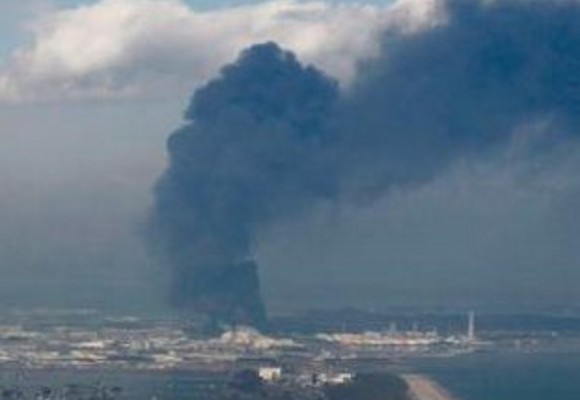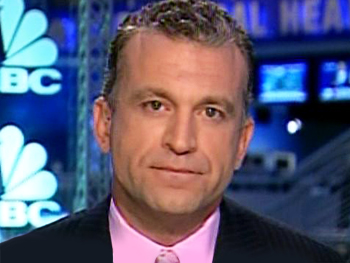Study About Clouds' Effect on Global Warming Debunked
Submitted by Anne Landman on
 A small study by prominent climate change skeptic Roy Spencer is being dismissed by mainstream climate scientists as containing technical and theoretical faults that make it incorrect. The study, published in late July in the online, open-access journal Remote Sensing, examined the effects that cloud cover has on climate change, and concluded that clouds are more of a cause of global warming than an effect of it. Spencer is known for his views that climate change is not human-caused. His recent study concludes that the question of the role clouds play in global warming "remains an unsolved problem."
A small study by prominent climate change skeptic Roy Spencer is being dismissed by mainstream climate scientists as containing technical and theoretical faults that make it incorrect. The study, published in late July in the online, open-access journal Remote Sensing, examined the effects that cloud cover has on climate change, and concluded that clouds are more of a cause of global warming than an effect of it. Spencer is known for his views that climate change is not human-caused. His recent study concludes that the question of the role clouds play in global warming "remains an unsolved problem."

 As the U.S. suffers through catastrophic tornadoes, heat waves, and other climate extremes -- no doubt just a small taste of what the climate crisis will bring in the future -- polluting industries and the politicians that serve them want to convince you that excess carbon dioxide in the atmosphere is actually a good thing.
As the U.S. suffers through catastrophic tornadoes, heat waves, and other climate extremes -- no doubt just a small taste of what the climate crisis will bring in the future -- polluting industries and the politicians that serve them want to convince you that excess carbon dioxide in the atmosphere is actually a good thing. Internal emails obtained by the UK Guardian show that British government officials colluded with nuclear power companies in the aftermath of the Fukushima Daiichi disaster to develop a PR strategy to downplay the severity of the event. Emails show the British government initiated contact with the nuclear industry about the debacle just two days after the earthquake and tsunami hit, and well before anyone knew the full extent of the disaster. The emails show close collusion between the power companies
Internal emails obtained by the UK Guardian show that British government officials colluded with nuclear power companies in the aftermath of the Fukushima Daiichi disaster to develop a PR strategy to downplay the severity of the event. Emails show the British government initiated contact with the nuclear industry about the debacle just two days after the earthquake and tsunami hit, and well before anyone knew the full extent of the disaster. The emails show close collusion between the power companies  Most nuclear reactors built in the U.S. in the 1960s and 1970s were explicitly designed to last for 40 years, but an
Most nuclear reactors built in the U.S. in the 1960s and 1970s were explicitly designed to last for 40 years, but an  While the U.S. media has been occupied with Anthony Weiner, the Republican presidential candidates and Bristol Palin's memoir, coverage of Japan's Fukushima Daiichi nuclear power plant disaster has practically fallen off the map. Poor mainstream media coverage of Japan's now months-long struggle to gain control over the Fukushima disaster has deprived Americans of crucial information about the risks of nuclear power following natural disasters. After a few weeks of covering the early aftermath of Japan's earthquake and tsunami, the U.S. media moved on, leaving behind the crisis at Fukushima which continues to unfold. U.S. politicians, like
While the U.S. media has been occupied with Anthony Weiner, the Republican presidential candidates and Bristol Palin's memoir, coverage of Japan's Fukushima Daiichi nuclear power plant disaster has practically fallen off the map. Poor mainstream media coverage of Japan's now months-long struggle to gain control over the Fukushima disaster has deprived Americans of crucial information about the risks of nuclear power following natural disasters. After a few weeks of covering the early aftermath of Japan's earthquake and tsunami, the U.S. media moved on, leaving behind the crisis at Fukushima which continues to unfold. U.S. politicians, like  While three recent scientific reports -- one by
While three recent scientific reports -- one by